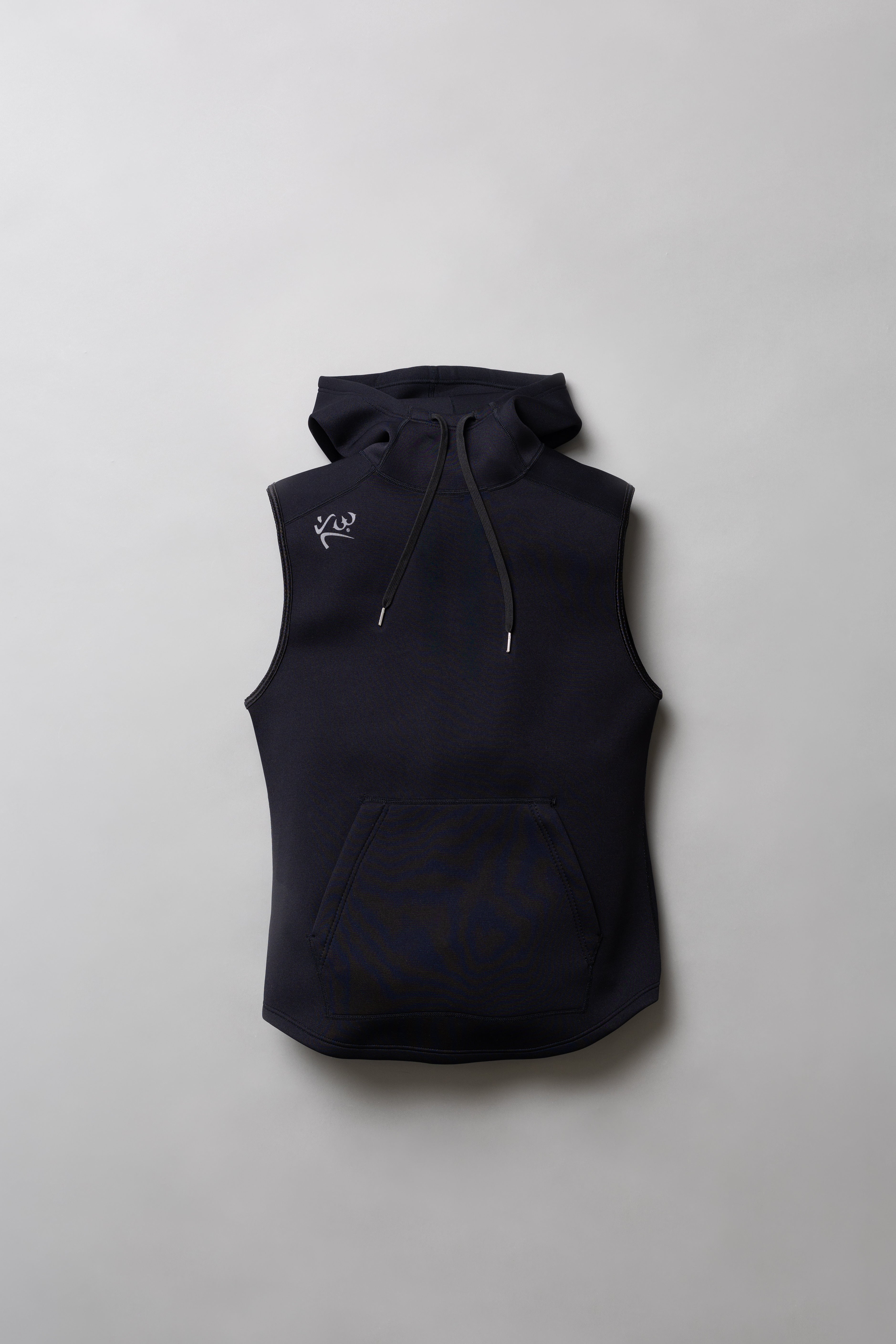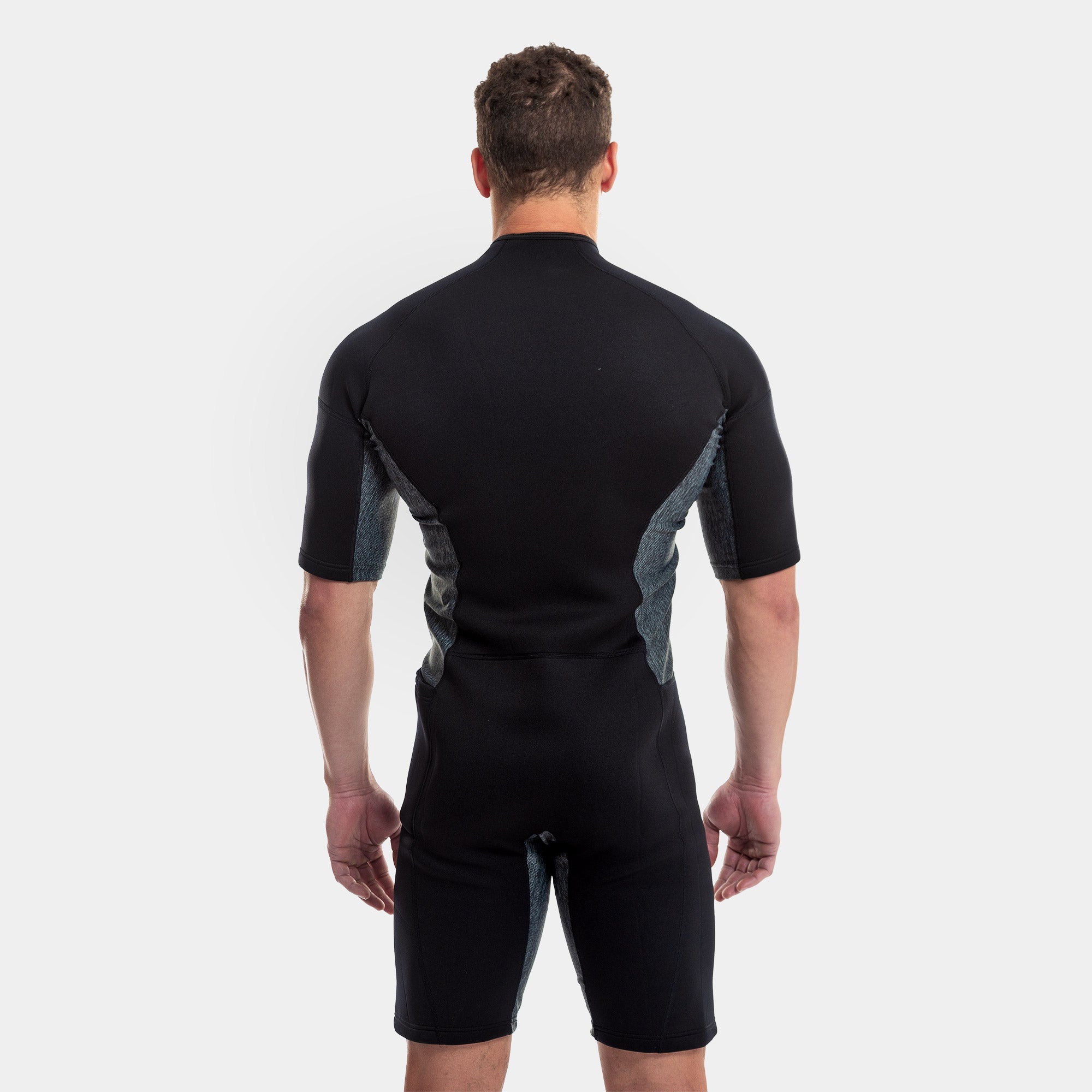Want to Avoid Over Training? Here are the Top 5 Ways

You’ve heard it talked about by celebrity fitness coaches and you may have even glimpsed over a magazine article about it. For many, the idea of over training is a joke. Most people believe that they never reach their limits and they can train 7 days a week if they wanted to. The reality is that our bodies have a breaking point. You may not realize the damage you’re doing to your body until it’s too late. This is why it’s important to take overtraining seriously.
Let’s take a look at the top 5 ways you can help yourself to avoid the consequences of overtraining.

- Evaluate Your Schedule, Rest Accordingly
The first thing you should do is look at your training schedule over the last 90 days. How often were you in the gym or training center?
If you have been training 5 to 7 days a week for 90 days, it’s definitely time to take a week off. It’s not so much your muscle tissue that you have to worry about; it’s your connective tissue. Your joints and connective tissue take much longer to heal and repair than your muscles. If they are overworked, you’re looking at a serious injury.
Consider taking a week off from the gym after every 2 to 3 months of intense training.
- Stretch
While you may not necessarily believe in static stretching before a workout since studies have shown dynamic stretching is best pre-workout, you should definitely be doing static stretching post-workout. Static stretching post-workout can help to reset length tension relationships between muscles and tissue. This will reduce the risk of tensions, knots, and strains.
- Supplement
Repair and recovery comes primarily from good nutrition. If you’re eating a well-balanced, nutrient packed diet, you should also be supplementing with proven post-workout nutrition. A post-workout supplement should be packed with whey protein, at the very least. You should also consider supplementing with Vitamin D, ZMA, and Creatine.

- Get 7 to 9 Hours of Sleep
If you want to avoid overtraining, simply lie down and sleep more. Growth hormone is a critical repair source for the body and it is released in its greatest amounts during the stages of deep sleep. You should be aiming for 7 to 9 hours of sleep every night. Most importantly, make sure it becomes a habit. You can’t “catch up” on sleep.
- Wear a Sauna Suit
The easiest thing that you can do to avoid overtraining is to make the Kutting Weight sauna suit a part of your daily routine. Whether you wear it during the day, around the house, or during a workout, the neoprene weight loss sauna suit from Kutting Weight can help to promote fast recovery.
Studies show that sauna use can lead to a higher release of growth hormone. As mentioned above, growth hormone plays an important role in helping the body to recovery and repair damaged tissue. The Kutting Weight sauna suit is designed to capture the same benefits of a sauna, triggering an amplified release of growth hormone.
Boost your recovery and avoid overtraining with the Kutting Weight sauna suit.
Tell Us What You Think!
How do you protect yourself from overtraining?
Have you ever experienced overtraining?
How did you bounce back?
Let us know in the comments below!
Healy, M. L. et al. High dose growth hormone exerts an anabolic effect at rest and during exercise in endurance-trained athletes. The Journal of clinical endocrinology and metabolism 88, 5221-5226 (2003).
Ftaiti, F. et al. Effect of hyperthermia and physical activity on circulating growth hormone. Applied physiology, nutrition, and metabolism. Physiologie appliquee, nutrition et metabolisme 33, 880-887, doi: 10.1139/H08-073 (2008).
0 comments











